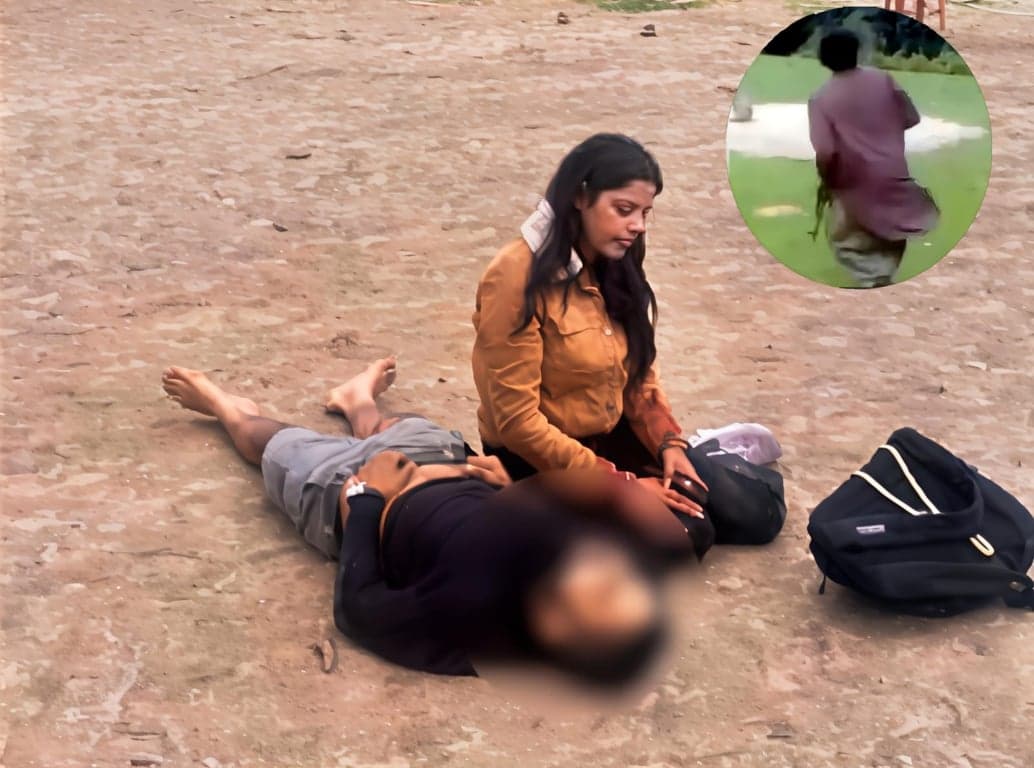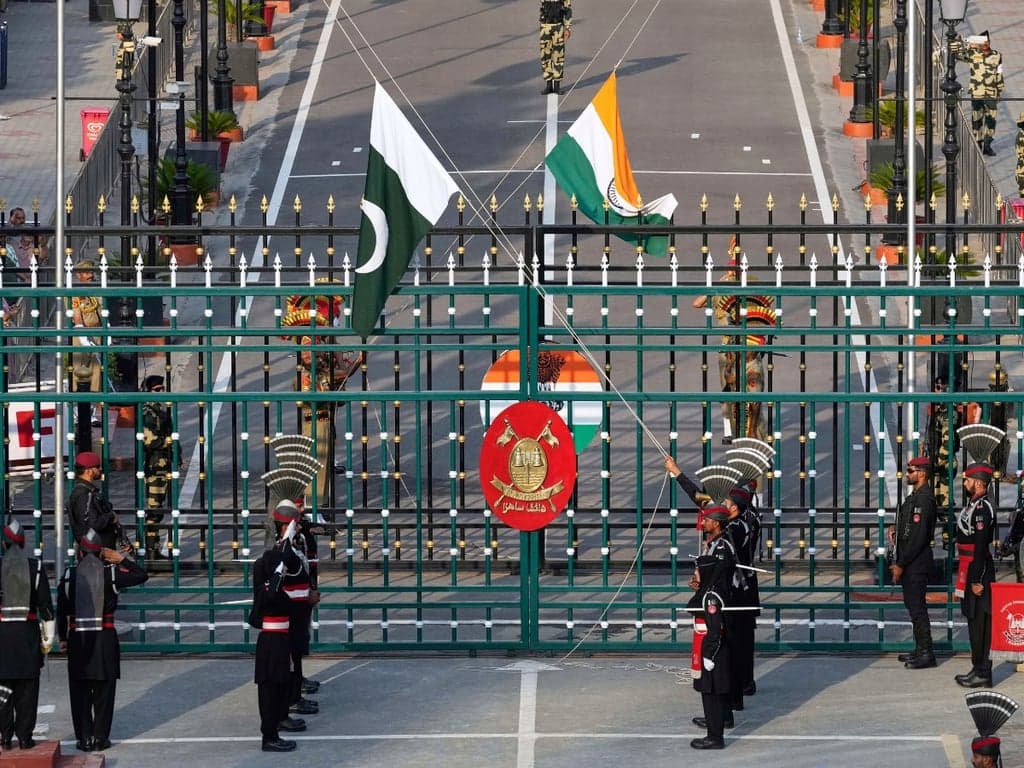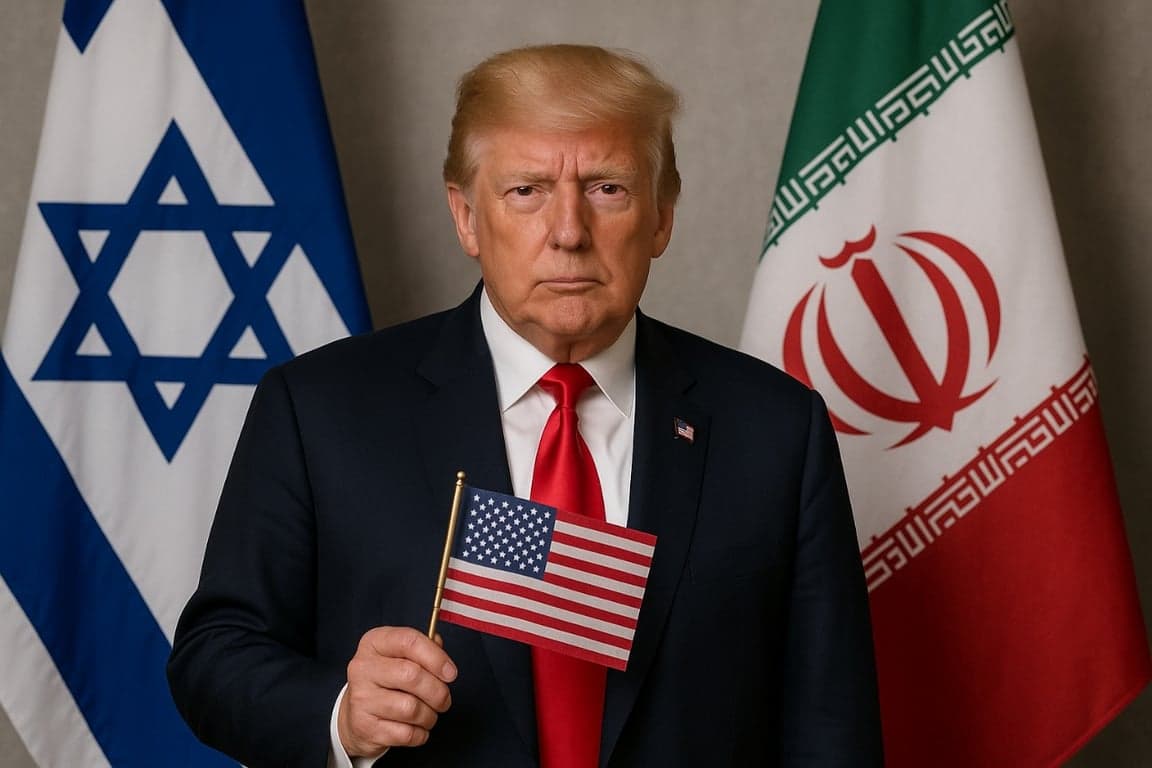 The international system is based on sovereignty peace and legal responsibility. In recent years it has witnessed multiple violations of peace and the weakening of global norms. The Pahalgam attacks and Operation Sindhoor stand as two recent turning points. They have redefined how states respond to terrorism and how regional conflicts now affect international law and diplomacy. The attacks in Pahalgam were carried out against civilian and security targets. They exposed weaknesses in state intelligence networks. The attacks were claimed by non state actors who are allegedly based across the border. This raises serious questions under Article 2(4) of the UN Charter. It prohibits the use of force against the territorial integrity or political independence of another state. If a state allows its territory to be used by armed groups then the victim state may invoke the right of self defence under Article 51.
The international system is based on sovereignty peace and legal responsibility. In recent years it has witnessed multiple violations of peace and the weakening of global norms. The Pahalgam attacks and Operation Sindhoor stand as two recent turning points. They have redefined how states respond to terrorism and how regional conflicts now affect international law and diplomacy. The attacks in Pahalgam were carried out against civilian and security targets. They exposed weaknesses in state intelligence networks. The attacks were claimed by non state actors who are allegedly based across the border. This raises serious questions under Article 2(4) of the UN Charter. It prohibits the use of force against the territorial integrity or political independence of another state. If a state allows its territory to be used by armed groups then the victim state may invoke the right of self defence under Article 51.
Article 2 (4) of the UN Charter
The Organization and its Members, in pursuit of the Purposes stated in Article 1, shall act in accordance with the following Principles.
1. The Organization is based on the principle of the sovereign equality of all its Members.
2. All Members, in order to ensure to all of them the rights and benefits resulting from membership, shall fulfill in good faith the obligations assumed by them in accordance with the present Charter.
3. All Members shall settle their international disputes by peaceful means in such a manner that international peace and security, and justice, are not endangered.
4. All Members shall refrain in their international relations from the threat or use of force against the territorial integrity or political independence of any state, or in any other manner inconsistent with the Purposes of the United Nations.
India's preliminary statements invoked this legal reasoning. What did the Indian Bureaucrats have to say?
Statement by Shri Vikram Misri, Foreign Secretary
On Operation Sindhoor | May 07, 2025 | New Delhi
As you are all aware, on April 22, 2025, Pakistani and Pakistan-trained terrorists belonging to the Lashkar-e-Taiba carried out a savage attack on Indian tourists at Pahalgam in Jammu & Kashmir in India. They murdered 26 people, including one national of Nepal, causing the largest number of civilian casualties in a terrorist attack in India since the 26th November 2008 attacks in Mumbai.
…
The attack was clearly driven by the objective of undermining the normalcy returning to Jammu & Kashmir. In particular, it was designed to impact the mainstay of the economy, tourism, with a record 23 million tourists visiting the valley last year. The calculation, presumably, was that harming growth and development in the Union Territory would help keep it backward and create fertile ground for continued cross-border terrorism from Pakistan.
Investigations into the Pahalgam terror attack have brought out the communication nodes of terrorists in and to Pakistan. The claims made by The Resistance Front and their reposting by known social media handles of the Lashkar-e-Taiba speak for themselves. Identification of the attackers, based on eyewitness accounts, as well as other information available to law enforcement agencies, has also progressed. Our intelligence has developed an accurate picture of the planners and backers of this team.
Earlier this morning as you would be aware India exercised its right to respond and pre-empt as well as deter more such cross-border attacks. These actions were measured, non-escalatory, proportionate, and responsible. They focused on dismantling the terrorist infrastructure and disabling terrorists likely to be sent across to India.
… and onwards.
The Indian government cited unwillingness and inability on the part of the neighbouring state to prevent such activities. This doctrine has been gaining recognition especially after the 2001 and 2008 terror attacks in India. It also finds some basis in the Nicaragua v United States case where the International Court of Justice held that aiding rebels or allowing armed groups to use one's territory can be an internationally wrongful act.
Nicaragua v United States Case (ICJ)
Issue raised before the court:
(1) Is the jurisdiction to entertain a dispute between two states, if they both accept the Court's jurisdiction, within the jurisdiction of the International Court of Justice?
(2) Where no grounds exist to exclude the application of a state, is the application of such a state to the International Court of Justice admissible?
(3) Whether the United States had violated international law by supporting and funding the Contras, an armed rebel group operating against the Government of Nicaragua.
(4) Whether allowing armed groups to use a state's territory or providing them material support constitutes a breach of international obligations concerning non-intervention and the prohibition on the use of force.
Held the following:
(1) Yes. The jurisdiction of the Court to entertain a dispute between two states if each of the States accepted the Court's jurisdiction is within the jurisdiction of the International Court of Justice. Even though Nicaragua (P) declaration of 1929 was not deposited with the Permanent Court, because of the potential effect it had that it would last for many years, it was valid. Thus, it maintained its effect when Nicaragua became a party to the Statute of the International Court of Justice because the declaration was made unconditionally and was valid for an unlimited period. The intention of the current drafters of the current Statute was to maintain the greatest possible continuity between it and the Permanent Court. Thus, when Nicaragua (P) accepted the Statute, this would have been deemed that the plaintiff had given its consent to the transfer of its declaration to the International Court of Justice.
(2) Yes. When no grounds exist to exclude the application of a state, the application of such a state to the International Court of Justice is admissible. The five grounds upon which the United States (D) challenged the admissibility of Nicaragua's (P) application were that the plaintiff failed because there is no "indispensable parties" rule when it could not bring forth necessary parties, Nicaragua's (P) request of the Court to consider the possibility of a threat to peace which is the exclusive province of the Security Council, failed due to the fact that International Court of Justice can exercise jurisdiction which is concurrent with that of the Security Council, that the International Court of Justice is unable to deal with situations involving ongoing armed conflict and that there is nothing compelling the International Court of Justice to decline to consider one aspect of a dispute just because the dispute has other aspects due to the fact that the case is incompatible with the Contadora process to which Nicaragua (P) is a party.
(3) & (4) Yes. The International Court of Justice held that the United States (D) had violated customary international law by engaging in the direct and indirect use of force against Nicaragua (P). The Court ruled that the acts of providing financial support, training, intelligence, weapons, and logistical assistance to the Contras, as well as mining Nicaragua's ports and violating its sovereignty, constituted a breach of the principles of non-intervention and the prohibition on the use of force. The Court affirmed that customary international law exists independently of treaty law and remains binding. Even though the United States had withdrawn from the ICJ's compulsory jurisdiction under the Optional Clause, the Court found that it retained jurisdiction to adjudicate the dispute. The ICJ further held that the principle of non intervention prohibits a state from intervening directly or indirectly in the internal or external affairs of another state. This includes the use of force to support armed opposition within another sovereign state. The Court rejected the defense that such intervention was justified by collective self defence, since no armed attack had occurred against the United States or any state that requested such protection, and no valid request for intervention had been made by any victim state. It reiterated that the use of force in self defence requires a prior armed attack and must be necessary and proportionate. Accordingly, the ICJ concluded that a state which aids rebels or permits its territory to be used by armed groups for operations against another sovereign state commits an internationally wrongful act. This constitutes a violation of the United Nations Charter and the foundational rules of peaceful coexistence in international law.
How does India retaliate?
In response to the Pahalgam attacks, India launched Operation Sindhoor. This was a high altitude precision operation aimed at eliminating terrorist strongholds. It was conducted in hostile terrain with coordination between the Indian Army and Air Force. The operation was declared as a defensive and preventive action. It opens debate on the legality of anticipatory self defence. Pre emptive self defence is not clearly codified under international law. However it has been argued under customary law and practice. The Caroline test from 1837 remains relevant. It states that the necessity of self defence must be instant overwhelming and leaving no choice of means or moment for deliberation. If Operation Sindhoor meets this threshold then it can be viewed as lawful under international law. However the lack of prior notice to the United Nations Security Council remains an issue under Article 51 reporting obligations.
These events reflect a shift in how states view sovereignty and intervention. First the nature of warfare has changed. Non state actors use new methods including drone warfare deepfakes and cyber attacks. Second states are now more willing to cross borders to protect their citizens. This shows a breakdown of the post Westphalian understanding of non intervention.
The Westphalian understanding of non intervention, as consecrated in the annals of classical international law, affirms that no sovereign shall, without invitation or legal cause, interfere in the domestic affairs of another. This principle, rooted in the Peace of Westphalia of 1648, holds that the sanctity of borders and the supremacy of internal jurisdiction are inviolable foundations of international order. Yet, in the present era, where non state actors operate with impunity across frontiers and certain sovereigns display manifest unwillingness or incapacity to restrain them, the old doctrine faces unprecedented strain. The noble ideal of non interference thus encounters the modern exigency of protective engagement, wherein a State, compelled by necessity and burdened by duty, may act beyond its borders not in defiance of law but in its defence.
Third, there is a decline in global reliance on multilateral institutions. States are moving toward unilateral and bilateral responses. Fourth there is increased strategic alignment among nations facing similar threats. India has gained diplomatic support from countries like France the United States and Australia. These alliances are built on counter terrorism cooperation and intelligence sharing. One key lesson is that deterrence is no longer based only on military strength. It includes information dominance and legal clarity. Another lesson is that international silence or neutrality during such events may indirectly encourage aggression. States now expect firm and timely support on issues of terrorism and sovereignty.
Also, there is a growing need to reform international legal norms. Current frameworks do not fully address grey zone warfare. The role of technology and private armed groups remains poorly regulated. Global conventions need updating to cover new threats. The Pahalgam attacks and Operation Sindhoor have shown that terrorism is no longer a regional issue. It has global consequences. Legal frameworks must evolve to support victim states while maintaining global peace and accountability. The world is entering a phase where legal precision and strategic clarity will define how nations protect their sovereignty and uphold international law.
Written by Ikshit Sethi


